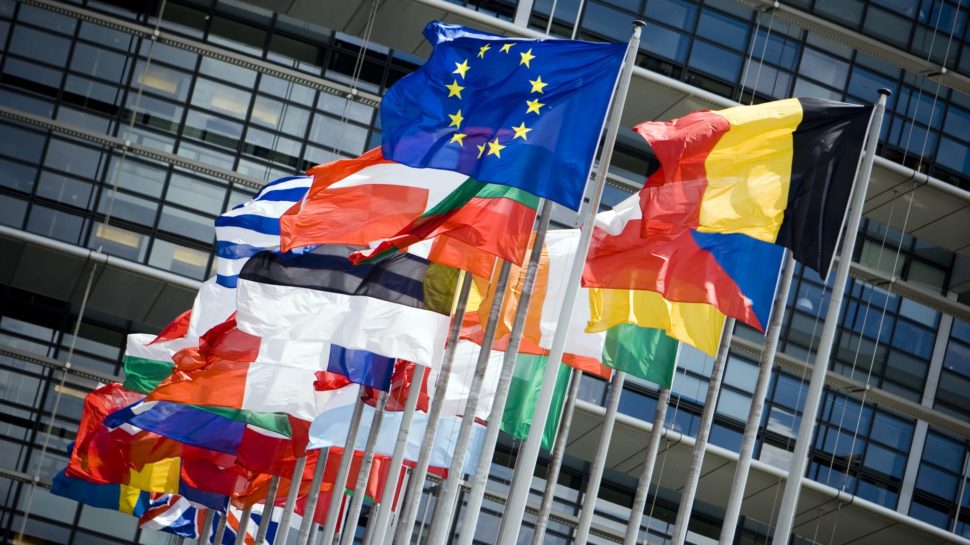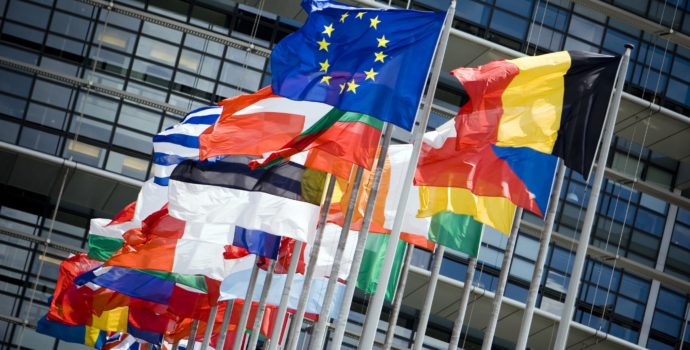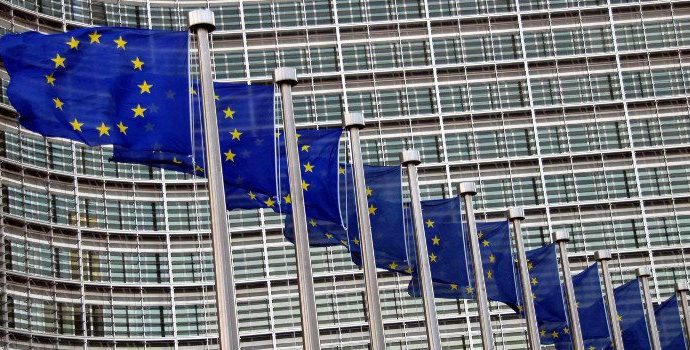European Commission Daily News 16th July

NextGenerationEU: European Commission endorses Ireland’s recovery and resilience plan
The European Commission has today adopted a positive assessment of Ireland’s recovery and resilience plan. This is an important step towards the EU disbursing €989 million in grants under the Recovery and Resilience Facility. This financing will support the implementation of the crucial investment and reform measures outlined in Ireland’s recovery and resilience plan. It will enable Ireland to emerge stronger from the COVID-19 pandemic. The Commission assessed Ireland’s plan based on the criteria set out in the RRF Regulation. The Council will now have, as a rule, four weeks to adopt the Commission’s proposals. The RRF is at the heart of NextGenerationEU which will provide €800 billion (in current prices) to support investments and reforms across the EU. A press release, Q&A and factsheet are available online.
COLLEGE MEETING: Green Deal for Europe: Commission proposes new strategy to protect and restore EU forests
The European Commission today adopted the new EU Forest Strategy 2030 , a flagship initiative of the Green Deal for Europe that builds on the EU’s biodiversity strategy by 2030 . The strategy contributes to the proposed package of measures to achieve a reduction in greenhouse gas emissions of at least 55% by 2030 and climate neutrality by 2050 in the EU. It also helps the EU to deliver on its commitment to enhance carbon removals from natural sinks in accordance with climate law.. By tackling social, economic and environmental aspects together, the Forest Strategy aims to ensure the multifunctionality of EU forests and underlines the central role that foresters play. Forests are essential allies in the fight against climate change and the loss of biodiversity. They are carbon sinks and help us reduce the effects of climate change, including cooling cities, protecting us from significant flooding and reducing the effects of drought. Unfortunately, Europe’s forests are under many pressures of various kinds, including those linked to climate change. The Forest Strategy sets out a vision and concrete measures to increase the number and quality of forests in the EU and strengthen their protection, restoration and resilience. More information is available in ourpress release and in the Questions and Answers on the new EU forest strategy 2030 .
Agriculture: the Commission approves new geographical indication from the United States
The Commission has approved today the inclusion of ‘Willamette Valley‘ wines from the United States in the register of Protected Geographical Indication (PGI). ‘Willamette Valley’ are still wines (red, rose and white) and sparkling wines produced in the north-western part of Oregon, bordered on the north by the Columbia River, on the west by the Coast Range Mountains, on the south by the Calapooya Mountains, and on the east by the Cascade Mountains. The unique organoleptic characteristics of the ‘Willamette Valley’ wines include brightness and fresh fruit aspects, with the acidity provided by the protected cool climate. The Willamette Valley, by virtue of its high northern latitude, proximity to a cold ocean and rain shadowed sloped vineyards, presents a unique style of North American wine. This new denomination is the second American product to be protected, and will be added to the list of 1,621 wines already protected. EU quality policy aims at protecting the names of specific products to promote their unique characteristics, linked to their geographical origin as well as traditional know-how. More information on the EU quality schemes and in our database eAmbrosia .
Read the European Commission Daily News in full here.




